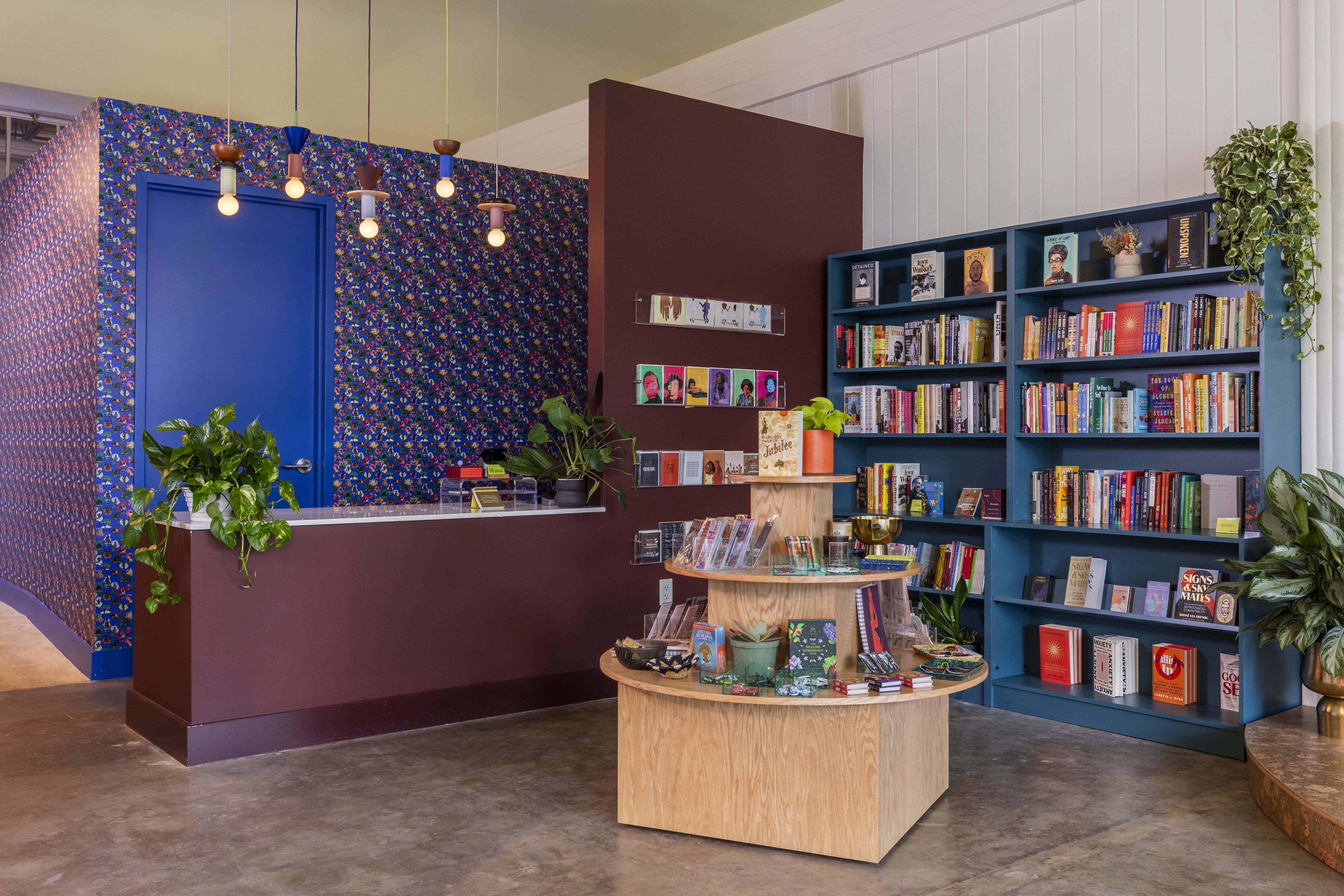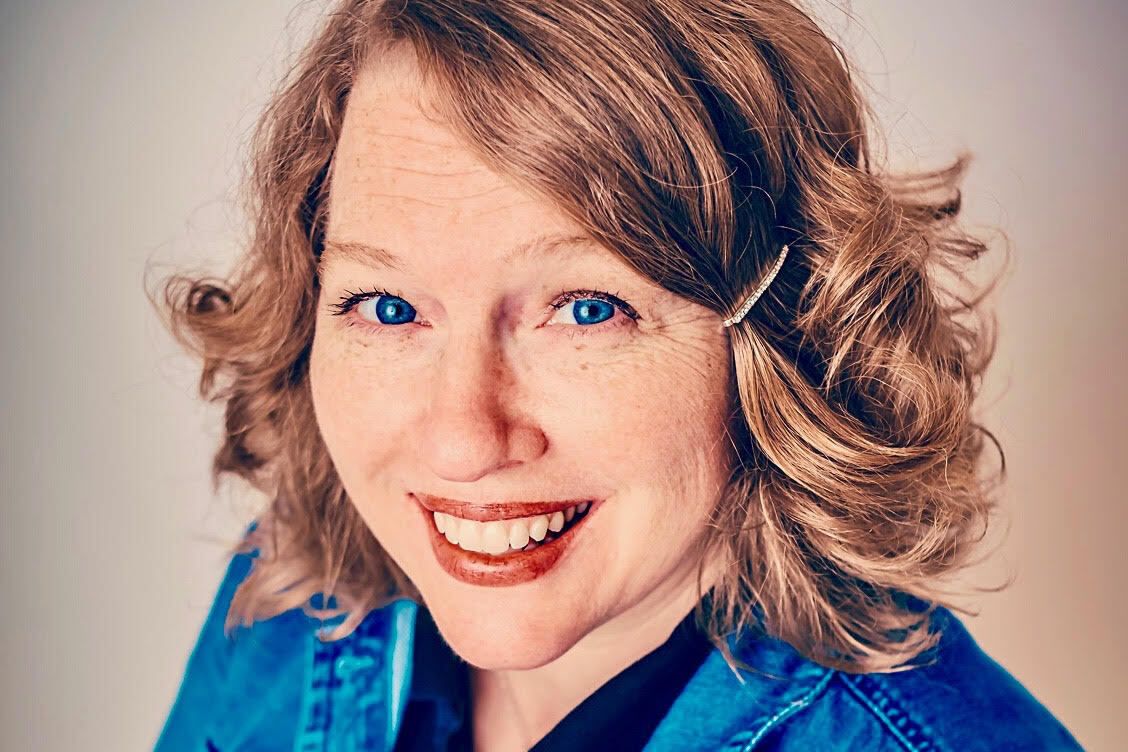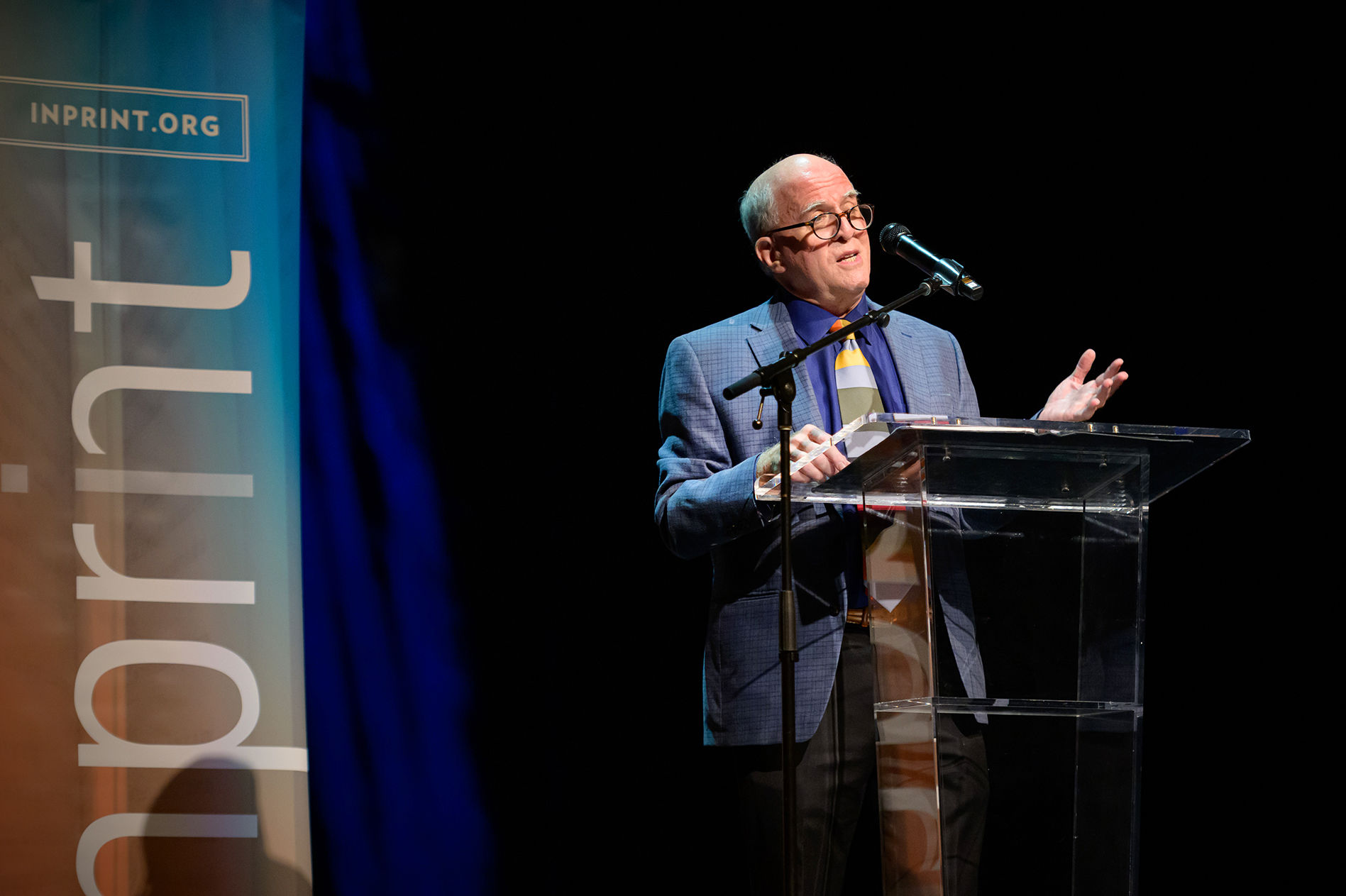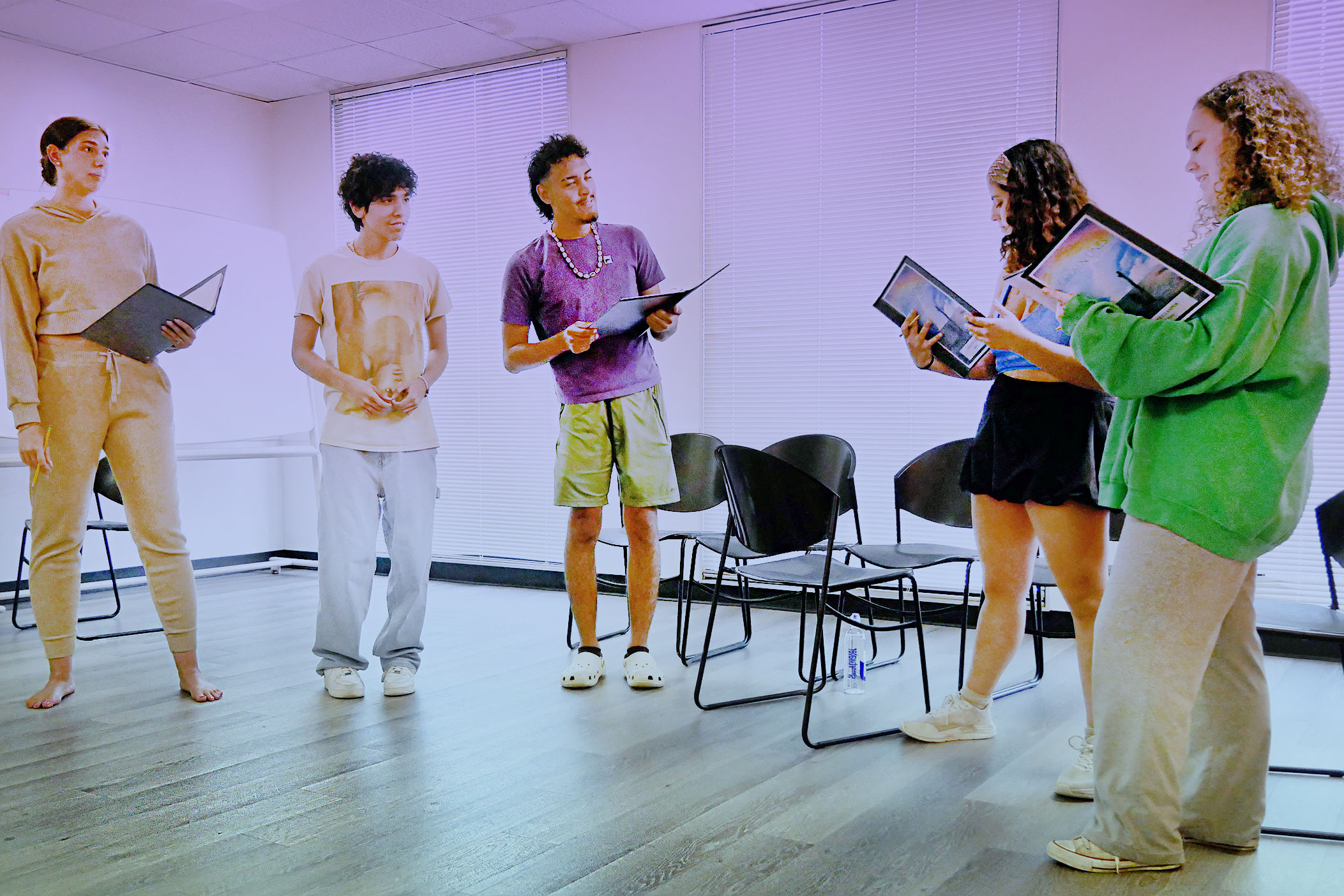Southern Women’s Complex Lives Are at the Center of Always Happy Hour
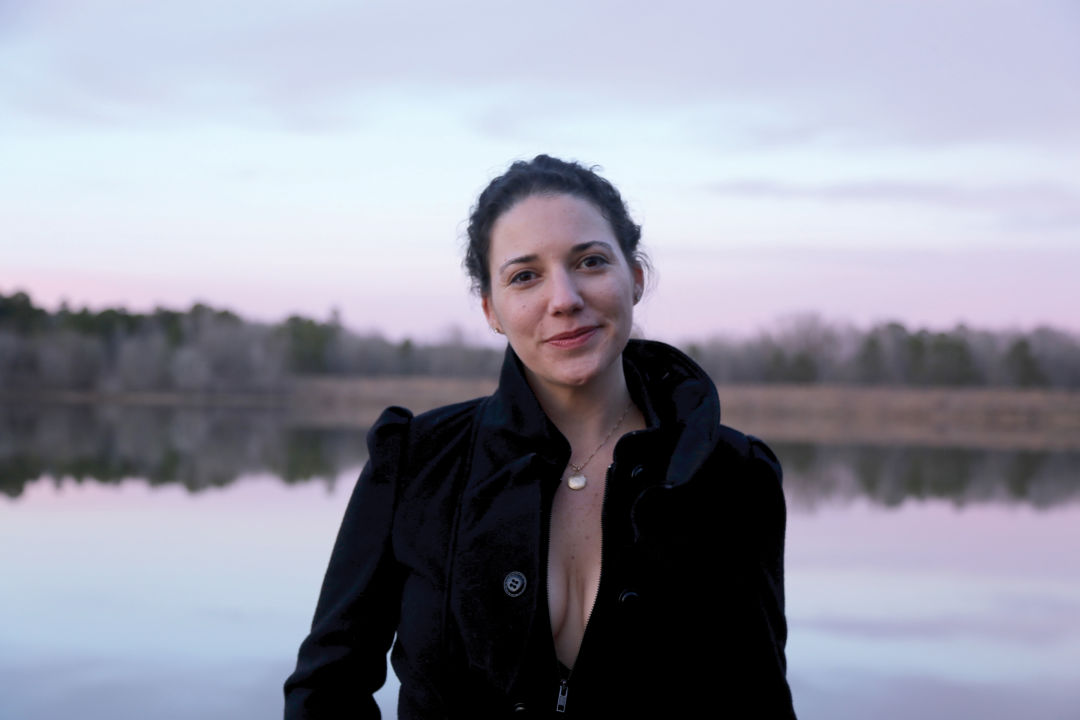
Always Happy Hour author Mary Miller
Image: Courtesy of Mary Miller
Mary Miller grew up in Jackson, Mississippi, where her childhood friends now raise children and attend Junior League meetings. But like many of the characters in her new short story collection, Always Happy Hour, which she’ll read from and discuss at Brazos Bookstore this month, Miller has long known she wanted to take—and write about—a road less traveled.
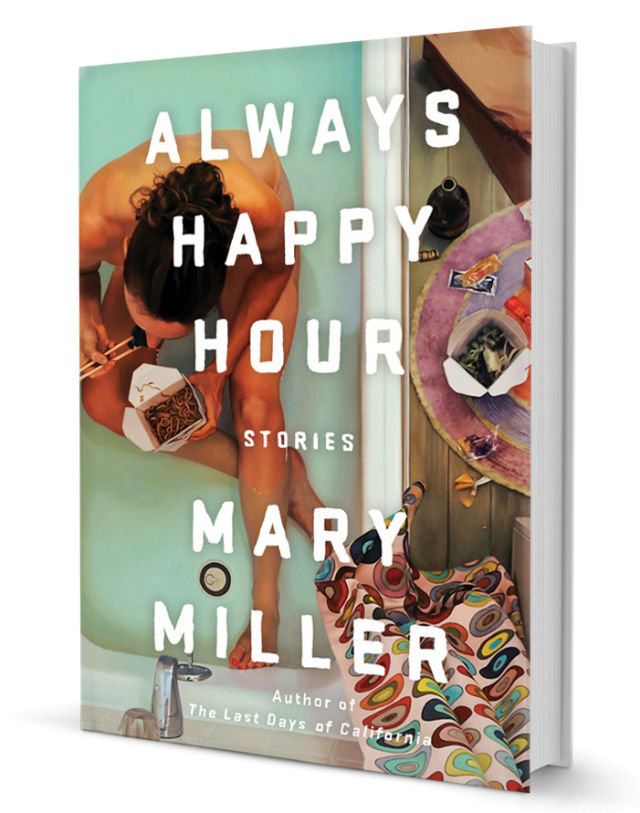
“Southern women are raised to get married, have children and carve out a nice life for themselves,” says Miller. Her characters, though, take a different route. “They don’t spend their Saturdays shopping for patio furniture or dishware,” she explains. “While they don’t know what they want, they do know what they don’t want.”
The collection’s title was originally Always Happy Hour, Always Summer, a phrase used by a character in Miller’s titular short story, which refers to the feeling people get during new relationships and experiences. “Many people, especially those in academia, relate to the beginning of summer as a time when they can take a vacation from life,” she says. “Like happy hours, reality will happen at another time.”
Miller graduated with an MFA from UT’s Michener Center for Writers in 2013. The next year, she published the critically acclaimed novel The Last Days of California. She also became the John and Renée Grisham Writer-in-Residence at Ole Miss, allowing her to teach and write stories while living in the Grishams’ palatial Oxford home, which they’d just donated to the program. Her experience living there inspired Proper Order, featured in her new collection.
Always Happy Hour consists of 16 stories which depict Southern women through a contemporary lens, exploring their complex relationships with sex, alcohol, conventional expectations and, most importantly, themselves.
“A lot of young women can relate to these characters,” says Miller. “I started writing these stories because I couldn’t find narrators I wanted to read or who told these types of stories.”
